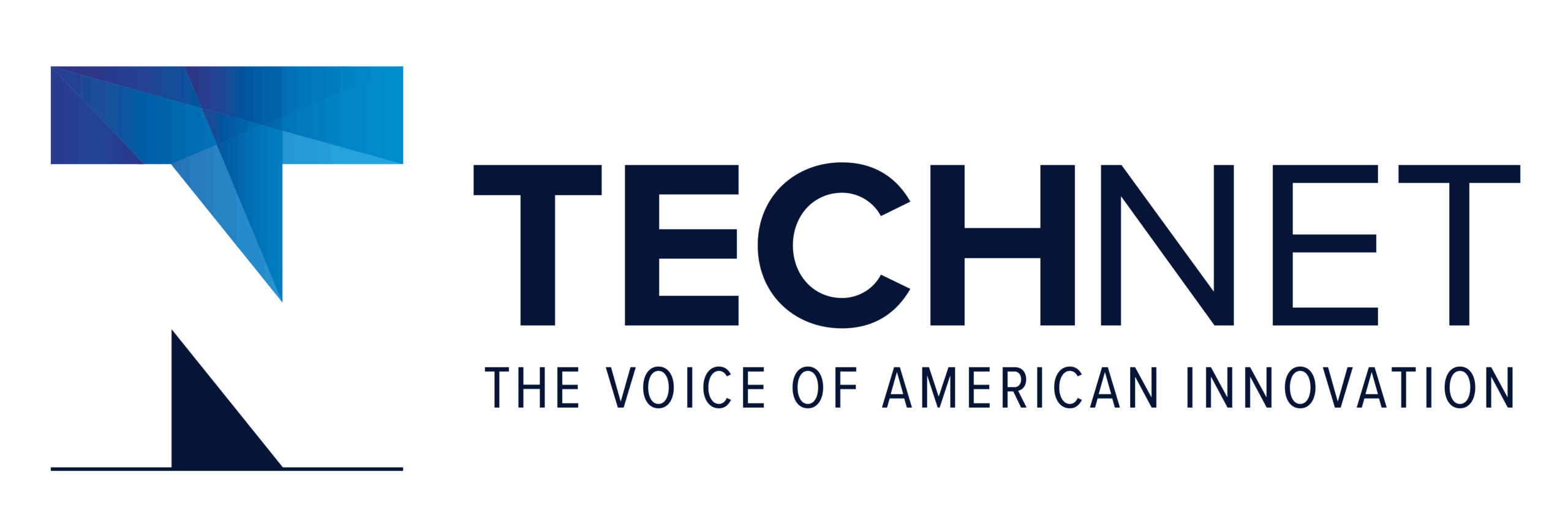Congress is facing a defining moment on one of the most important technology issues of our time: how America governs artificial intelligence. As lawmakers debate whether to pause the proliferation of state-level AI laws and instead advance a single, national framework, the American public is sending a clear and urgent message: Washington must lead.
A new TechNet/Morning Consult poll shows that 76 percent of voters across party lines support a single national policy to guide the development of AI. Their reasoning is simple: a patchwork of AI state laws would hamper America’s ability to compete in the global race for leadership.
In 2025 alone, more than 1,000 AI-related bills have been introduced in state legislatures. While well-intentioned, these proposals vary widely in scope, terminology, and compliance requirements. The result is a confusing patchwork of laws that is bewildering for consumers and burdensome for businesses, especially small and mid-sized companies that lack the legal firepower to navigate it.
While we firmly support state and local governments’ ability to set the rules they believe best meet the specific needs of their citizens, technology implementation does not have borders. Just as previous waves of innovation, like the internet and telecommunications, required federal coordination, so too does AI.
Voters understand what’s at stake. Seventy percent are concerned that China could surpass the United States in AI development. Two-thirds believe that conflicting state laws will slow progress and hurt our global edge. And nearly 7 in 10 say that state and local governments lack the technical expertise to regulate AI effectively or identify national security risks.
A national framework wouldn’t preempt every state concern. It can, and should, leave room for states to address high-risk, consumer-facing uses of AI where clear regulatory gaps exist. But it must provide a consistent baseline that gives companies the clarity they need to innovate responsibly and consumers the protections they deserve.
Voters also see what happens if Congress fails to act: regulatory chaos that pushes out many startups and entrepreneurs. Sixty-nine percent of voters believe state-by-state AI regulation would cement the power of big players and undermine competition.
Despite the political polarization of the moment, this issue is an exception. Voters across the spectrum want smart federal regulation that promotes progress while managing risk. Most Americans feel optimistic about AI’s potential to improve their lives, they just want clear rules that ensure it’s developed and deployed responsibly.
Congress has an opportunity, and an obligation to deliver. The proposed moratorium on new state-level laws gives lawmakers time to craft a national framework that balances innovation with accountability and ensures America leads the world in setting global AI standards.
The message from voters is unmistakable: this isn’t just a policy debate, it’s a test of national vision and resolve. The U.S. has led every major technological revolution of the modern era. We can’t afford to fall behind now.
It’s time for Congress to act.
Linda Moore is the CEO of TechNet.
